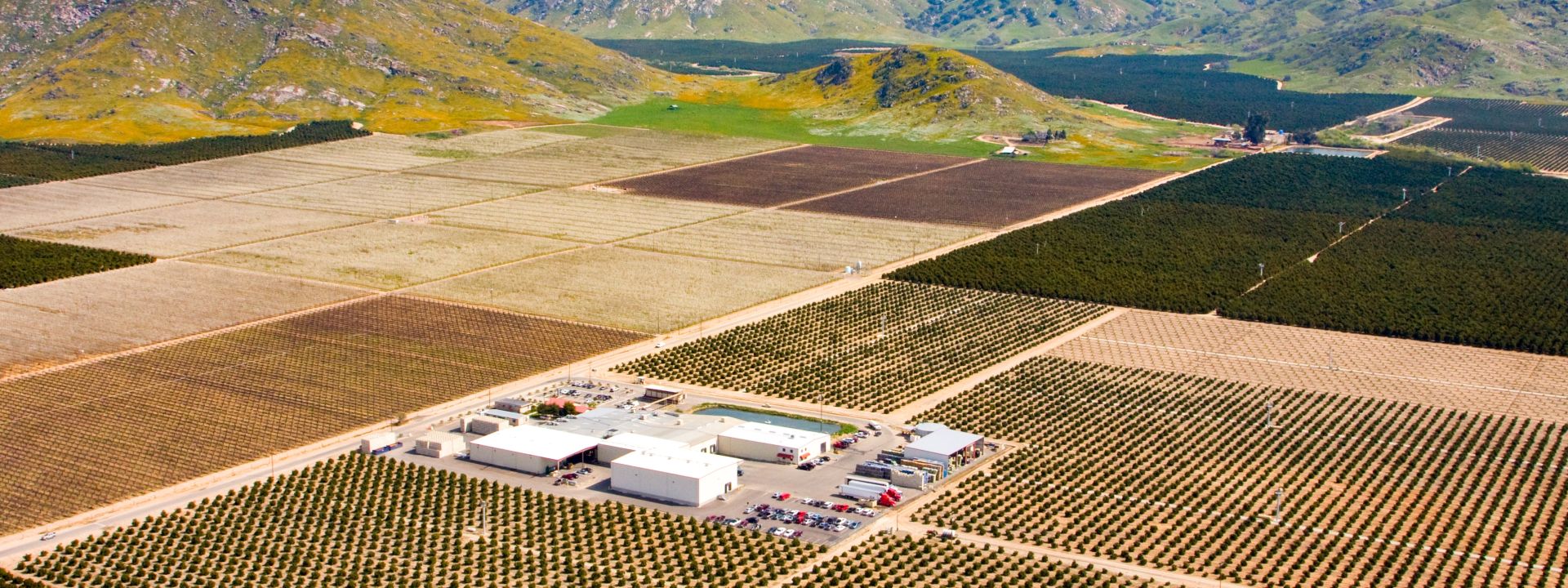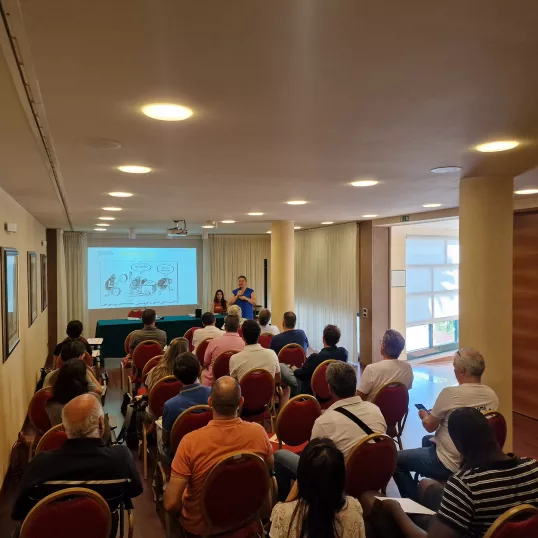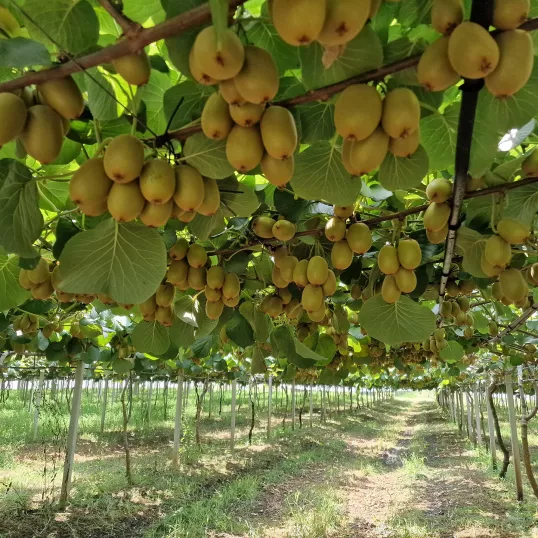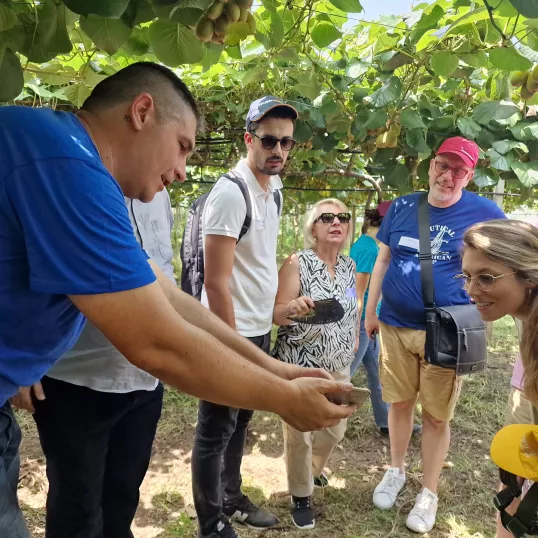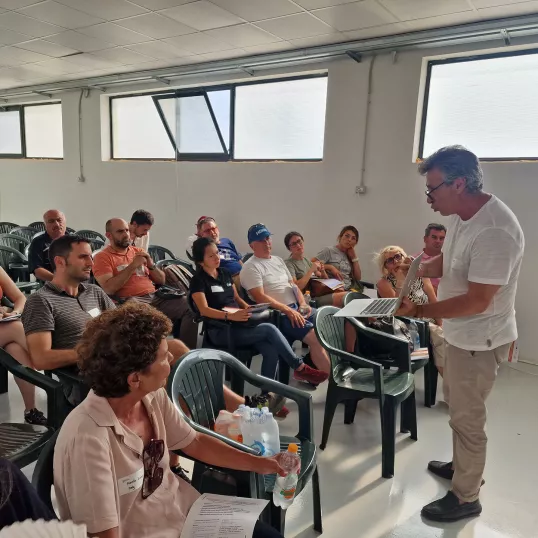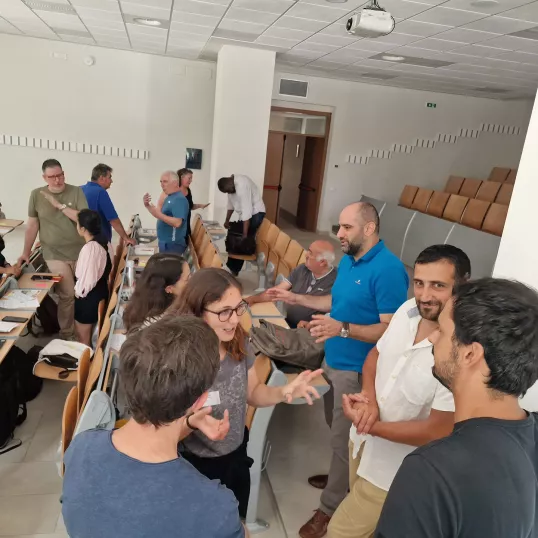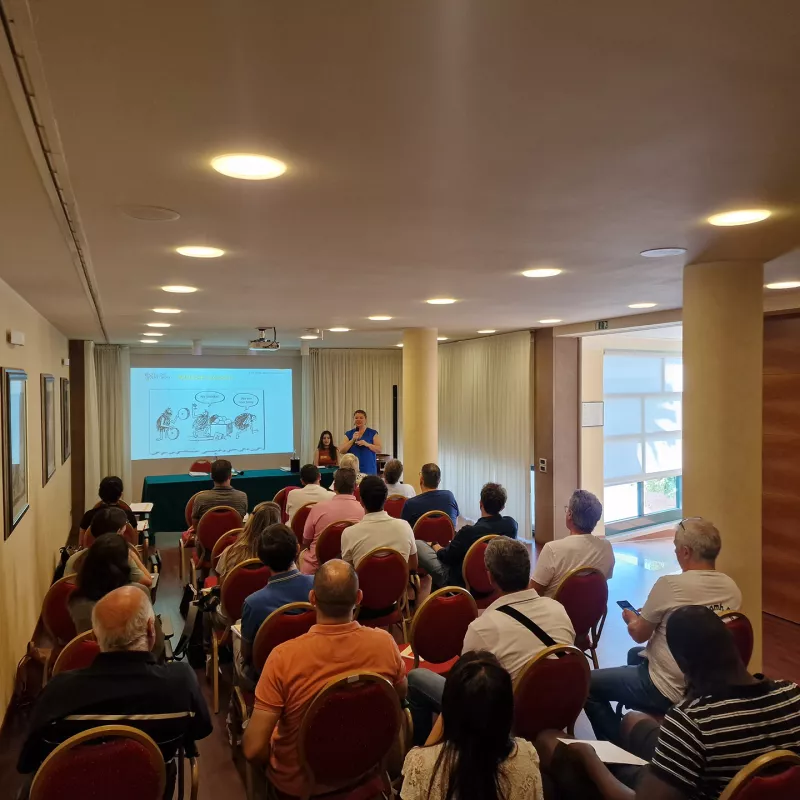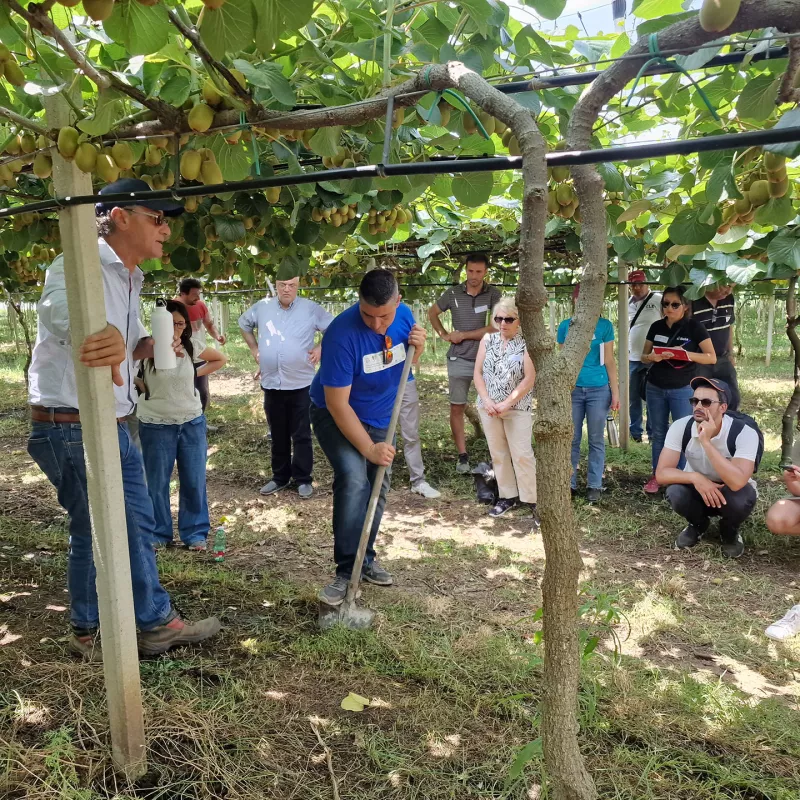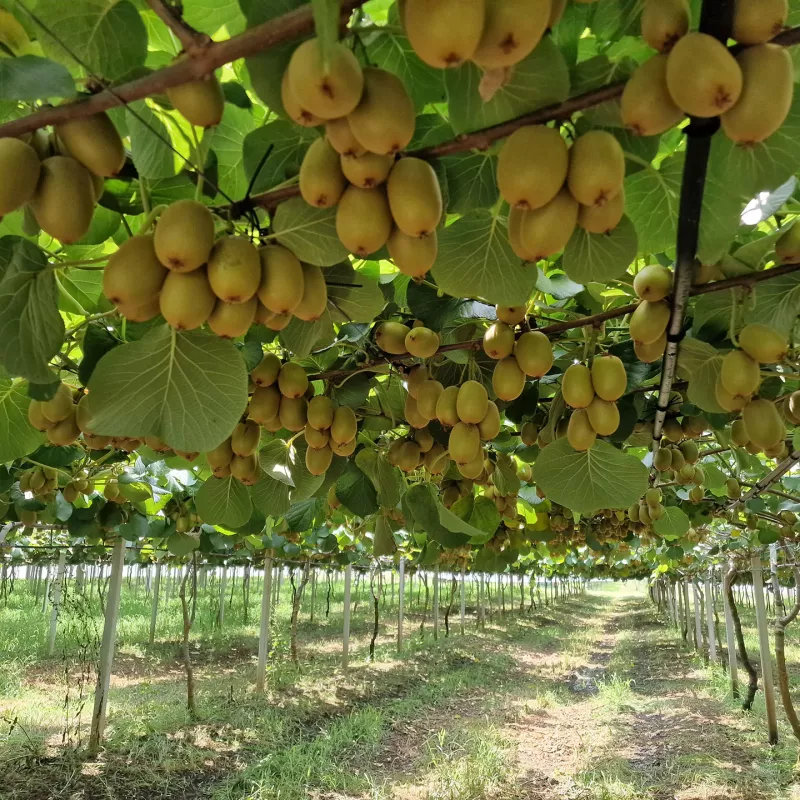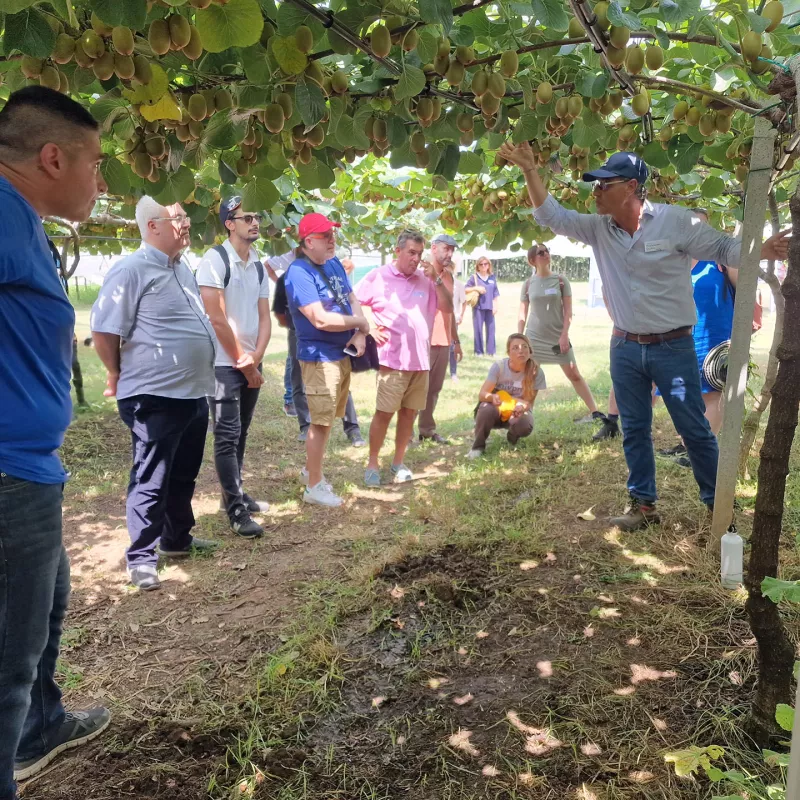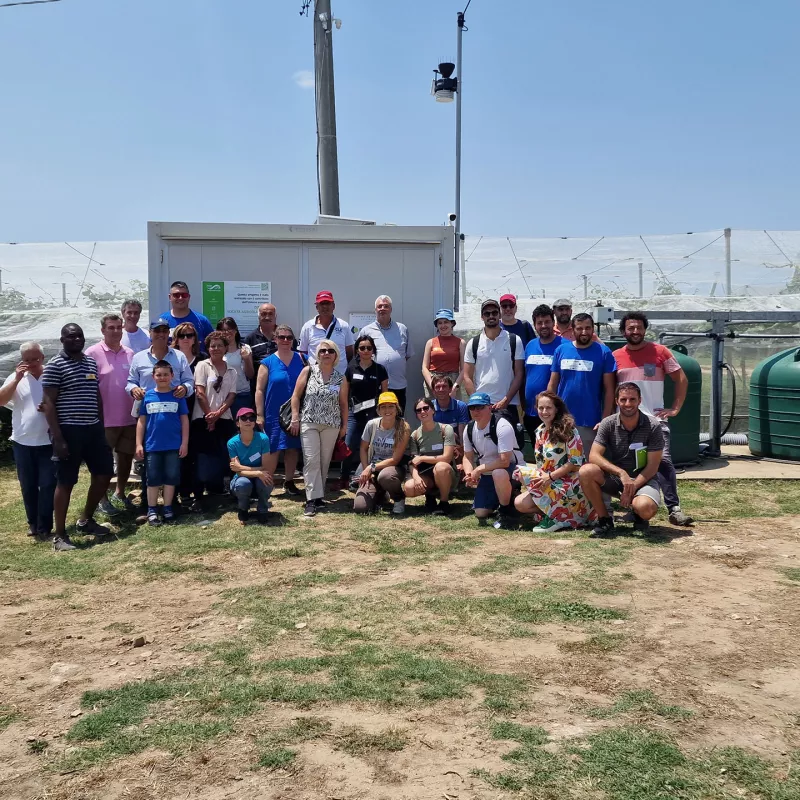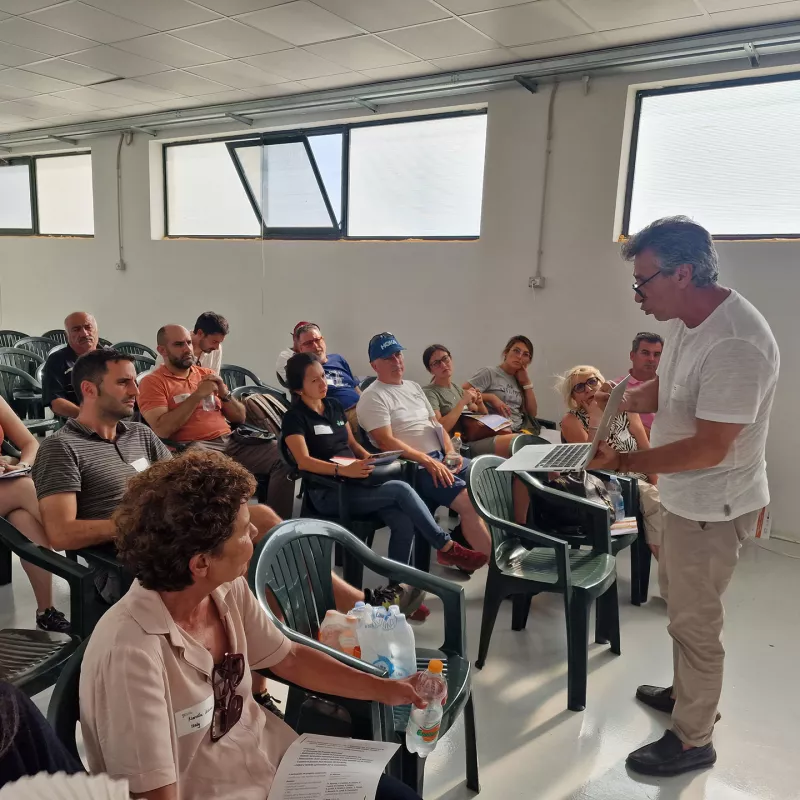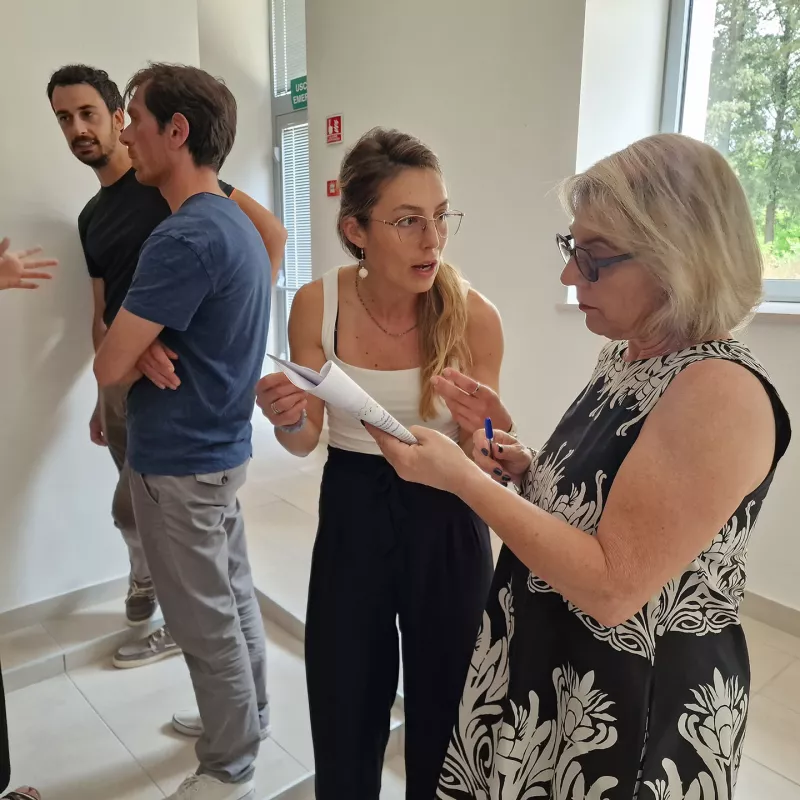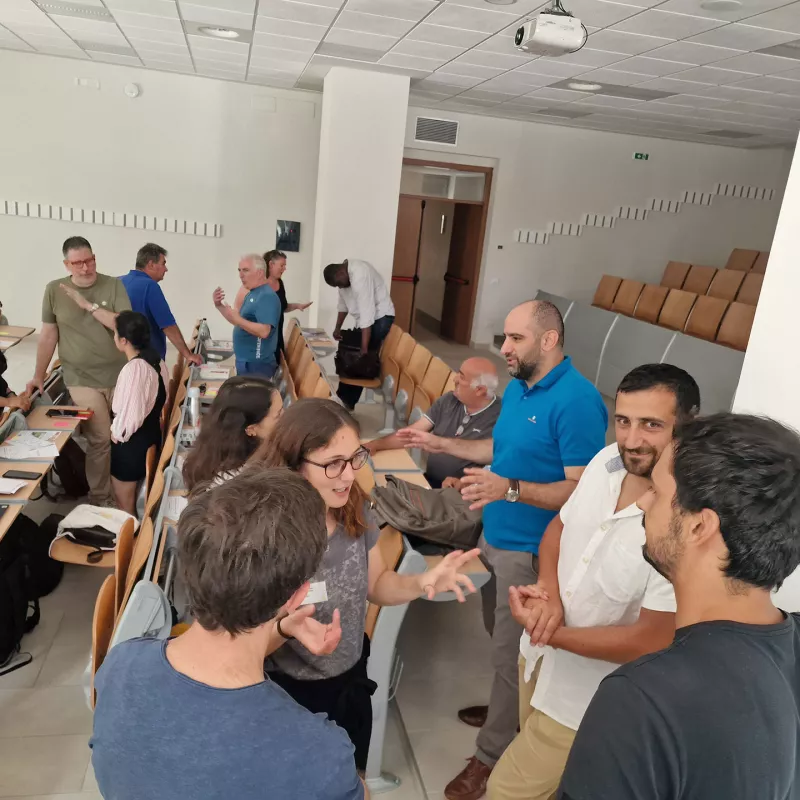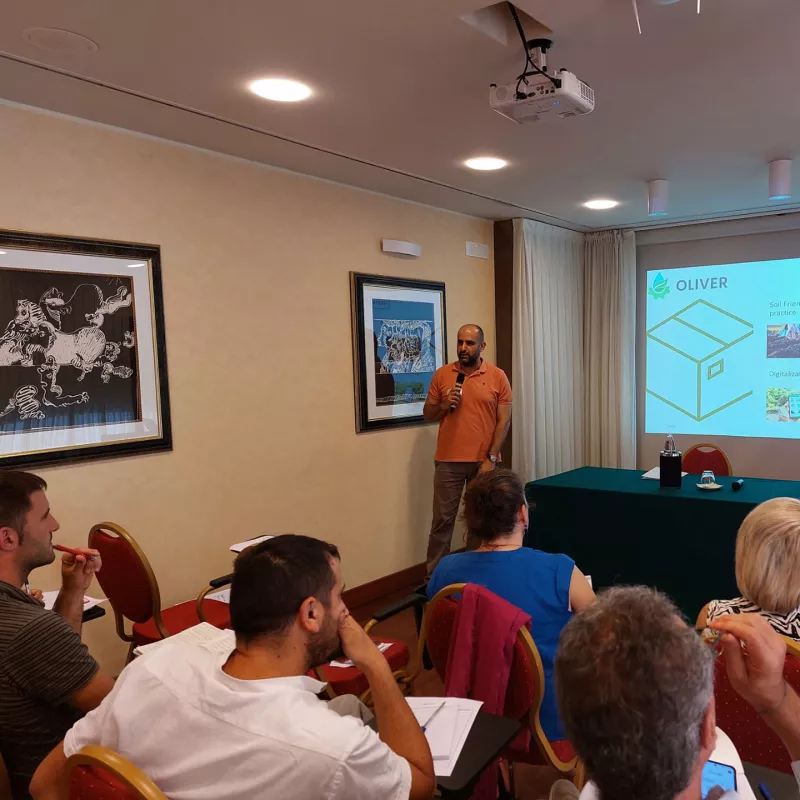The EU CAP Network cross-visit between Operational Groups ‘Circular and organic soil management’ took place on Wednesday 28 - Thursday 29 June 2023.
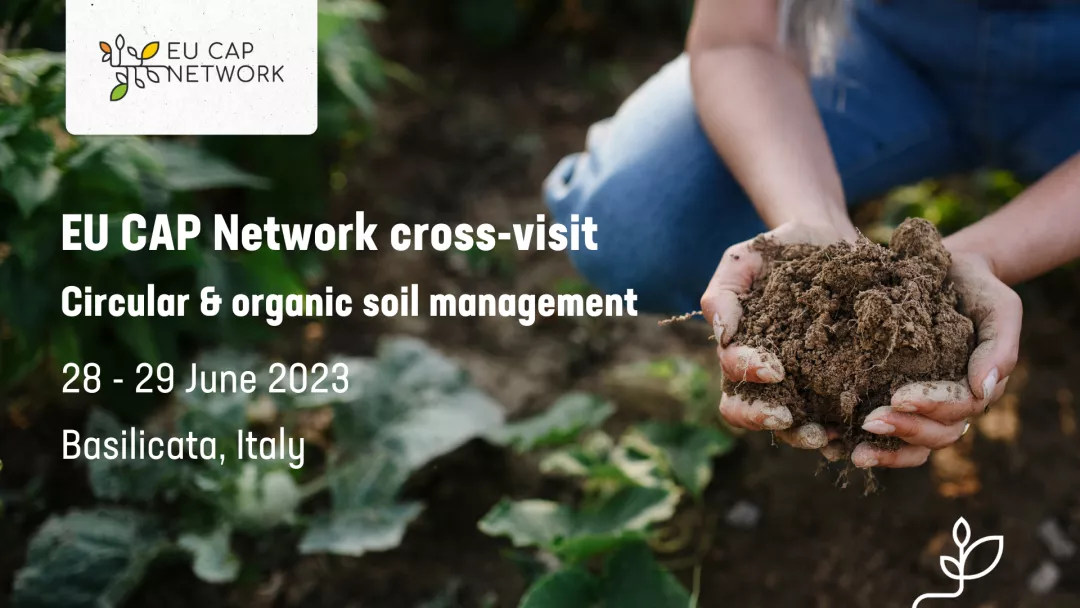
The European Commission’s Directorate-General for Agriculture and Rural Development (DG AGRI) and the Support Facility for Innovation & Knowledge exchange | EIP-AGRI organised two cross-visits between multiple Operational Groups (OGs) working in the field of organic farming. This cross-visit focused on:
- Circular and organic soil management
The cross-visits took place on Wednesday 28 – Thursday 29 June 2023.
The call for expression of interest closed on 25 May 2023.
Purpose and main goals
The purpose of cross-visits between projects is to provide opportunities for cross-border knowledge exchange and peer-to-peer learning between OGs. The visits create opportunities for intensive informal interactions between OG representatives from different Member States. They may also help to foster potential future collaborations between projects/actors and lead to the creation of transnational OGs.
The main goals of cross-visits are to:
- Enable peer-to-peer learning and knowledge exchange on the innovations that the involved projects address and on their multi-actor approach, allowing a deeper understanding of the innovation processes, providing further inspiration to participants and fostering synergies between projects;
- Discuss common challenges, research needs from practice, inspirational ideas and potential solutions;
- Exchange and further disseminate project findings across the EU;
- Create opportunities for potential future collaborations and/or partnerships.
Objectives
Current agricultural systems face a range of problems, including environmental points of concern such as soil degradation and erosion, water scarcity and biodiversity loss. Organic and circular soil management are approaches towards sustainable agriculture. While both organic and circular soil management prioritise soil health and sustainability, they have some differences in their approach. Organic farming places a greater emphasis on avoiding synthetic inputs and GMOs, while circular soil management focuses on reducing waste and closing nutrient loops. However, these approaches can be complementary, where combining them can achieve even greater sustainability and resilience in agriculture. Composting to manage organic waste materials, such as crop residues, animal manure, and food scraps and simultaneously improve soil health and fertility is a striking example of combining organic and circular approaches.
In this context, this cross-visit involved different projects working on circular and organic soil management. This included those dealing with:
- Challenges related to the efficient and sustainable use of natural resources such as land, water and biodiversity in agriculture production (e.g. reuse and circularity of materials such as sand, manure and sediment but also efficient water management); climate change (e.g. soil degradation); socio-economic sustainability and the economic position of farmers; production losses; knowledge transfer and education; pest and disease control; pollution (e.g. from pesticides and nutrient run-off).
- Solutions related to changes in production practices (e.g. conservation tillage, cover cropping, soil amendment, precision farming); knowledge, education and training (e.g. advise to farmers, decision support systems (DSS), demonstration sites, networking opportunities); new technologies (e.g. mapping technology, sensors for moisture, meteorological stations or geo-electrical sensors), new crop varieties and new composting/growing techniques (e.g. hydroponics).
Programme
Agenda
(PDF – 200.51 KB)
Additional info
Venue
Basilicata, Italy
Organiser

EU CAP Network
EU CAP Network
